Leopard geckos are lovable, easy-going reptiles with a charm that makes them the perfect pet. But even the healthiest gecko can run into trouble if you’re not aware of a sneaky issue called impaction.
This common but dangerous condition occurs when your gecko’s digestive system becomes blocked, usually by something they’ve eaten that they can’t digest.
As a gecko parent, it’s crucial to recognize the signs of impaction and know how to prevent it. Let’s dive into what impaction is, how it happens, and how you can protect your scaly friend from this serious condition.
What is Leopard Gecko Impaction?
In simple terms, impaction is a blockage in your leopard gecko’s digestive tract. This usually occurs when they swallow non-digestible materials like sand, gravel, or even pieces of their enclosure’s substrate.

Over time, these materials accumulate and cause a blockage, preventing food from passing through their system. Left untreated, impaction can lead to severe health issues or even be fatal.
Signs Your Gecko May Be Impacted
It’s important to know what to look for when it comes to impaction. Here are some of the most common symptoms that could indicate your leopard gecko is struggling with a blockage:
- Lethargy: If your usually active gecko seems sluggish or hides more than usual, this could be a red flag.
- Lack of Appetite: Impacted geckos often stop eating, as food can't pass through their digestive system properly.
- Swollen Belly: A distended or bloated abdomen is a clear sign that something’s wrong.
- Difficulty Defecating: If your gecko isn’t pooping or seems to strain while doing so, impaction could be the culprit.
If you notice any of these signs, it’s best to consult a reptile vet immediately.
What Causes Impaction?
Impaction in leopard geckos is usually caused by one of the following factors:
- Inappropriate Substrate: Using loose substrate like sand, gravel, or wood chips can be dangerous. Geckos may accidentally ingest these materials while hunting or licking their environment.
- Overfeeding: Overfeeding or feeding oversized prey can overload your gecko's digestive system, leading to a blockage.
- Calcium Deficiency: Geckos with low calcium levels may instinctively consume substrate or other non-food items in an attempt to get the nutrients they need, increasing the risk of impaction.
- Inadequate Temperatures: Low temperatures in your gecko’s enclosure can slow down digestion, making impaction more likely. Proper heat is essential for digestion!
Preventing Impaction: What You Can Do
Preventing impaction starts with smart husbandry. Here’s what you can do to keep your gecko safe and happy:
-
Use Safe Substrates: Ditch the loose substrates! Avoid sand, gravel, and wood chips, and opt for safer alternatives. At Geckopia, we recommend using our Premium Liner, designed specifically for leopard geckos. This liner mimics natural surfaces without posing the risk of ingestion. It’s easy to clean, soft on your gecko’s delicate feet, and creates a perfect environment for your gecko to thrive.
-
Monitor Diet: Make sure you’re feeding appropriately sized prey to avoid overloading your gecko’s system. Stick to gut-loaded insects like crickets and mealworms, and provide a variety of options for balanced nutrition.
-
Calcium Supplements: Always dust your gecko’s food with calcium powder to ensure they’re getting the nutrients they need. Proper calcium levels can help prevent your gecko from ingesting non-food items.
-
Maintain Proper Temperature: Keep your gecko’s enclosure at the right temperature (around 88-92°F on the warm side) to aid digestion. Use a high-quality thermostat and heating setup to ensure consistent heat levels.

What to Do If Your Gecko is Impacted
If you suspect your leopard gecko is impacted, don’t panic—but don’t ignore the problem either. Here’s a quick guide to help:
- Warm Soak: A warm bath (around 90°F) can help stimulate bowel movements. Gently massage your gecko’s belly to encourage passing the blockage.
- Consult a Vet: If home remedies don’t work within a day or two, or if your gecko shows severe symptoms, it’s time to see a reptile vet. In some cases, surgery may be necessary to remove the blockage.
A Safe Gecko is a Happy Gecko
Preventing impaction isn’t just about keeping your gecko safe — it’s about providing them with an environment where they can thrive.
At Geckopia, we’ve made it our mission to help reptile parents do just that. Our Premium Liner is a game-changer, offering a clean, comfortable, and safe alternative to risky loose substrates. Join over 10,000 satisfied gecko parents who’ve made the switch and seen the difference.

With the right setup and care, you can ensure your gecko lives a long, healthy life free of impaction worries. Thanks for being part of the Geckopia family and giving your gecko the best!

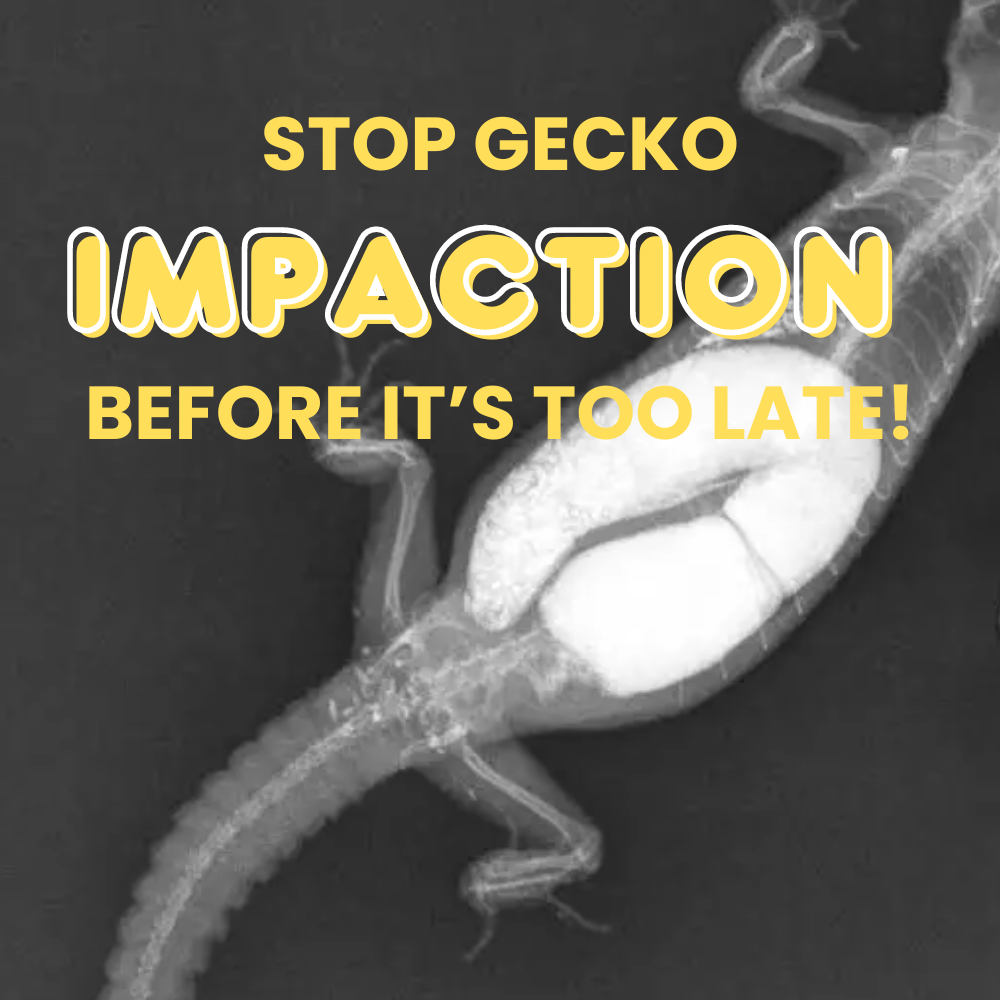

















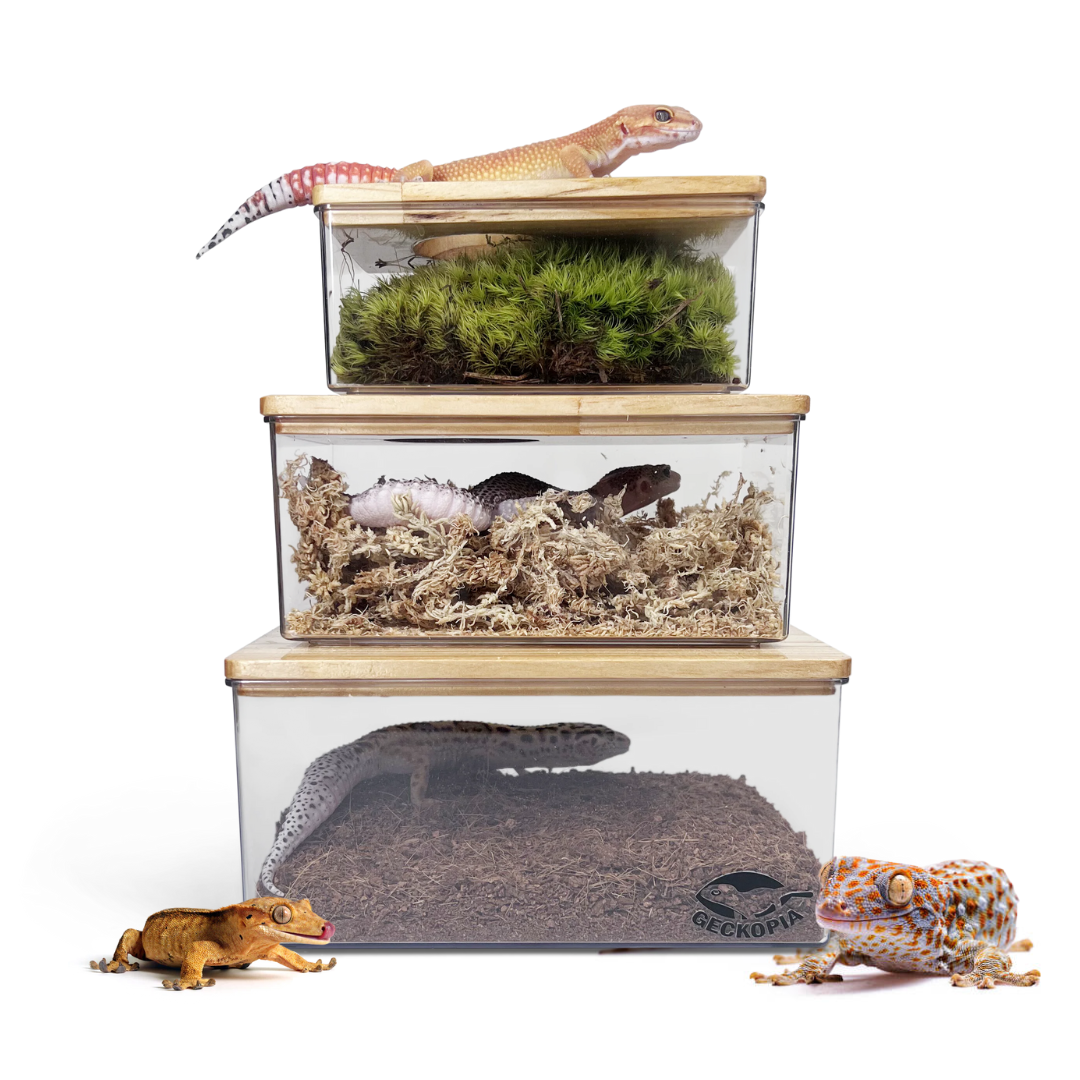
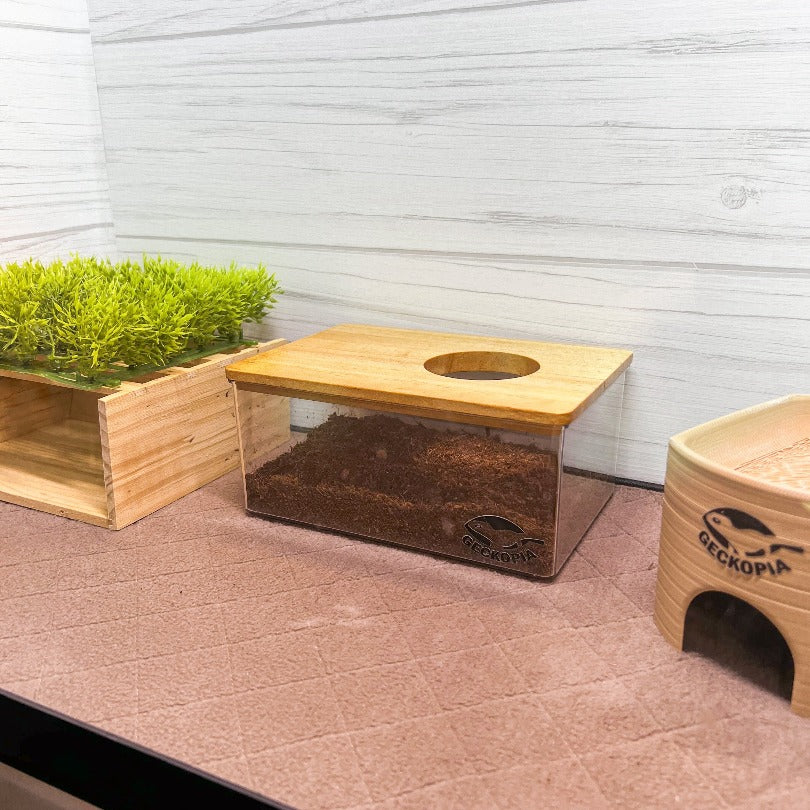
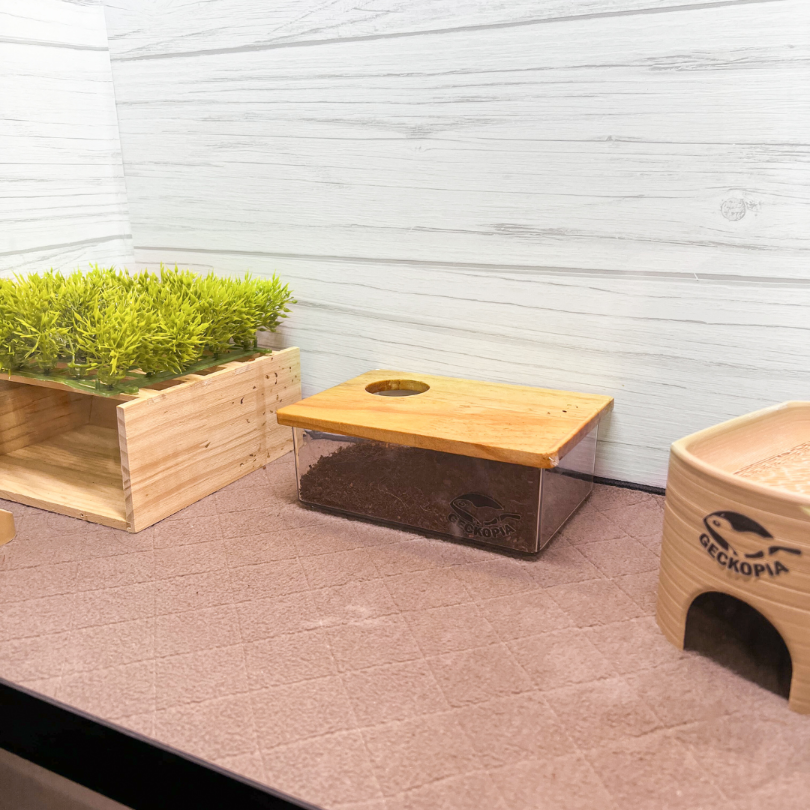
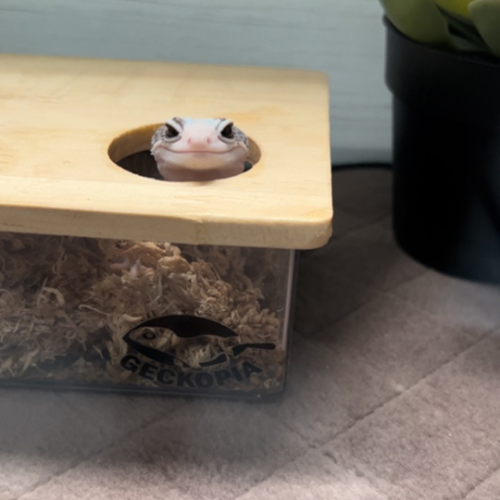




















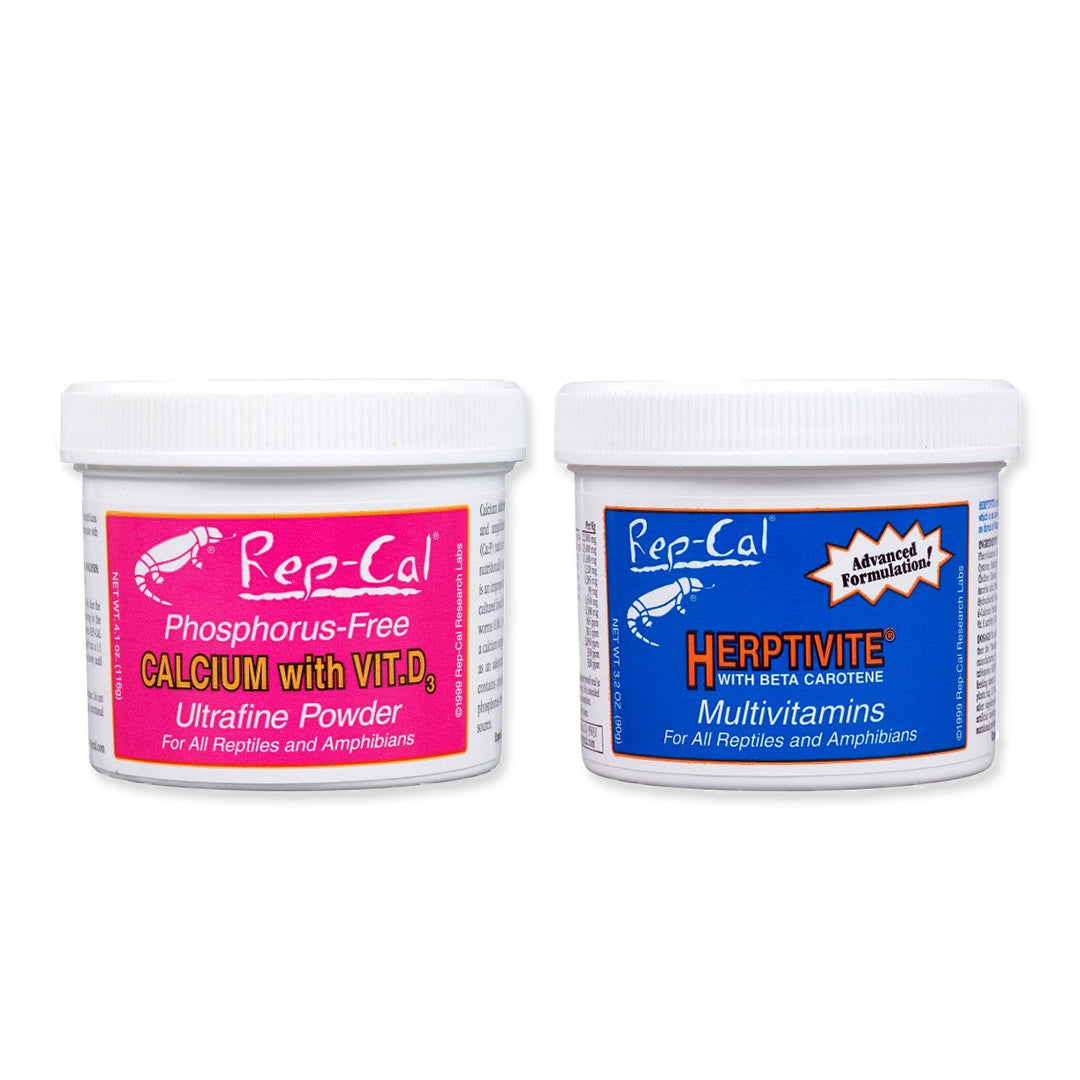
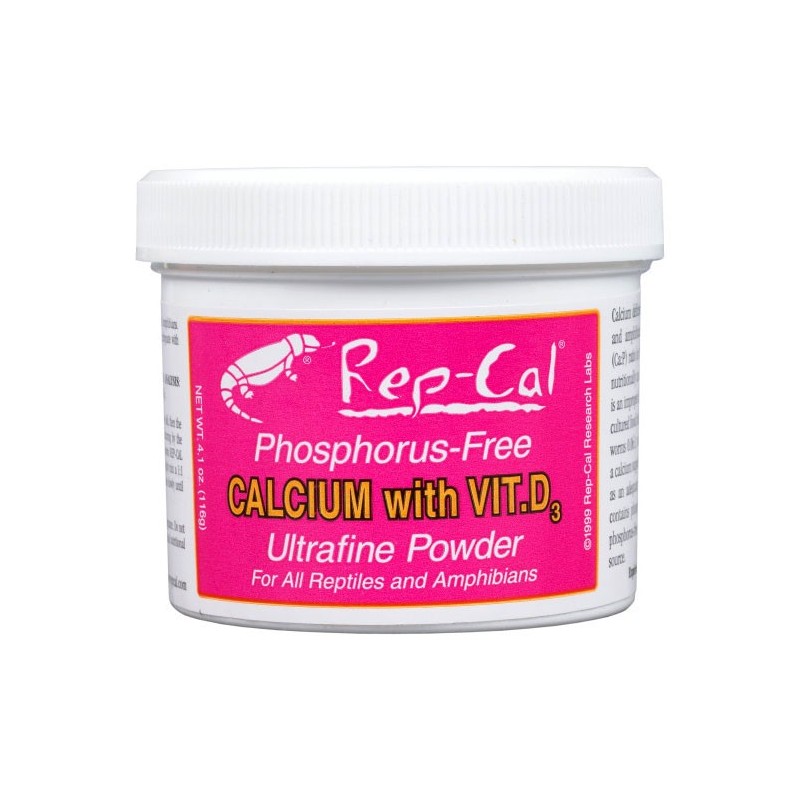
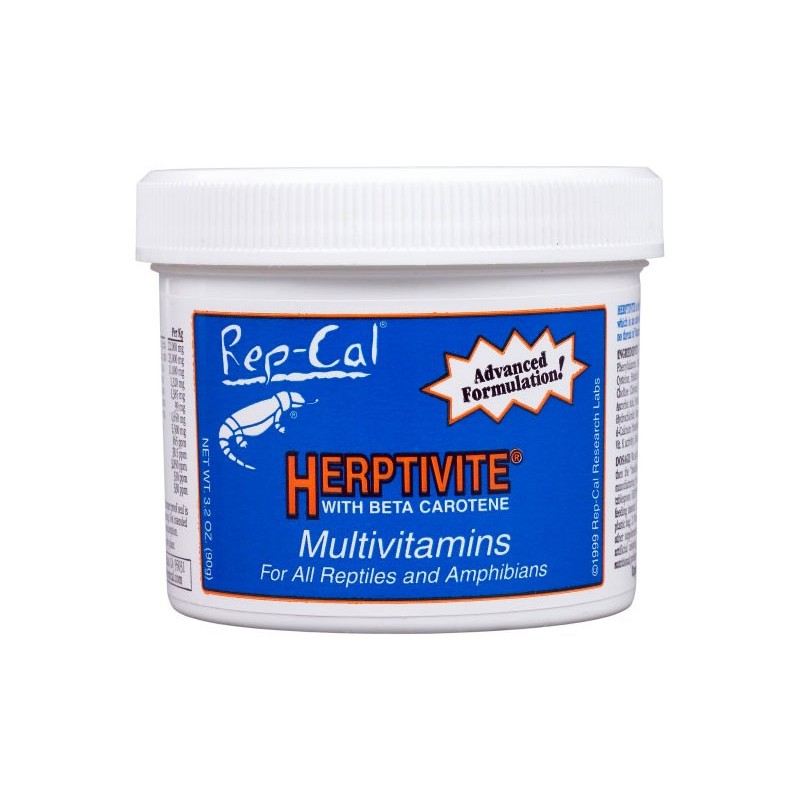
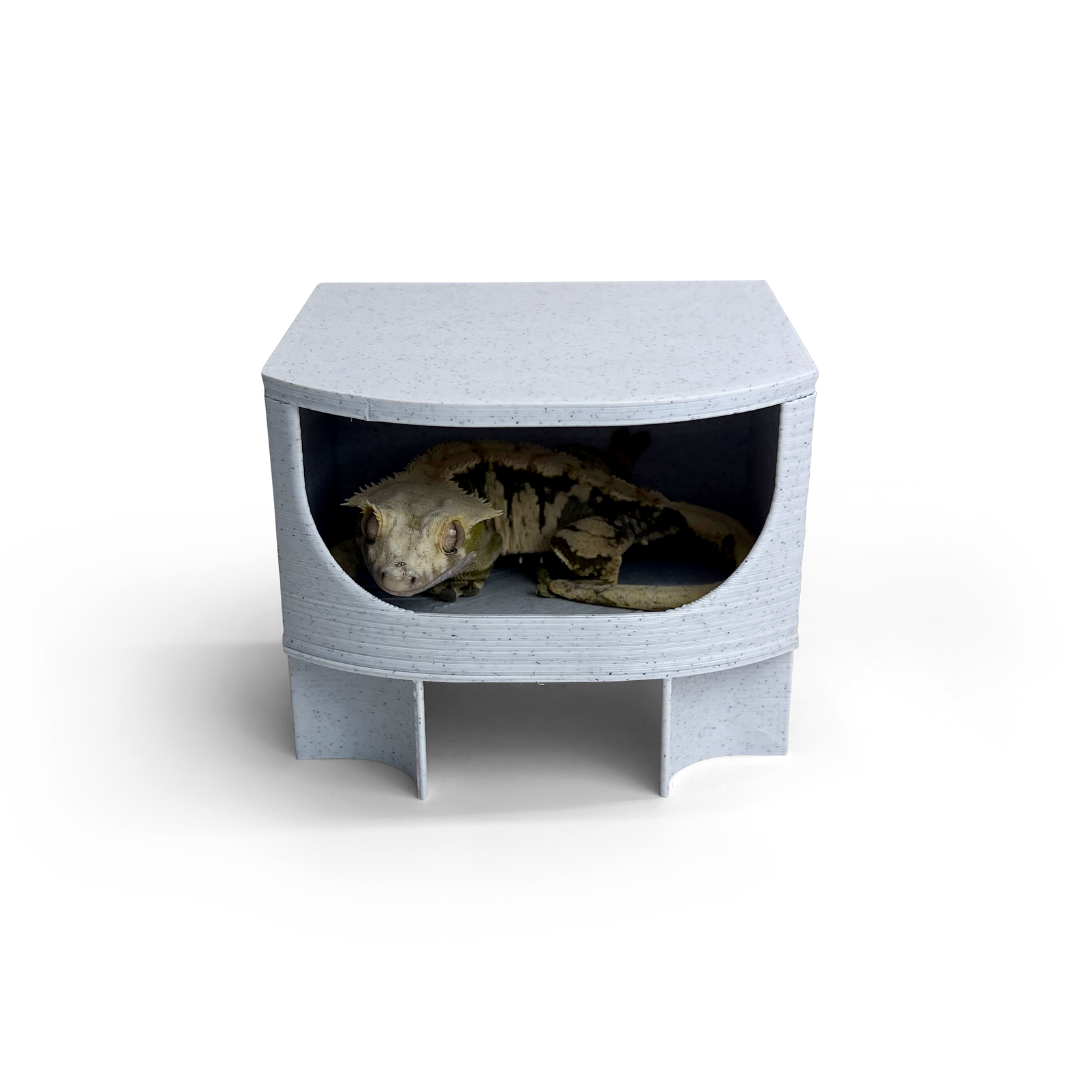
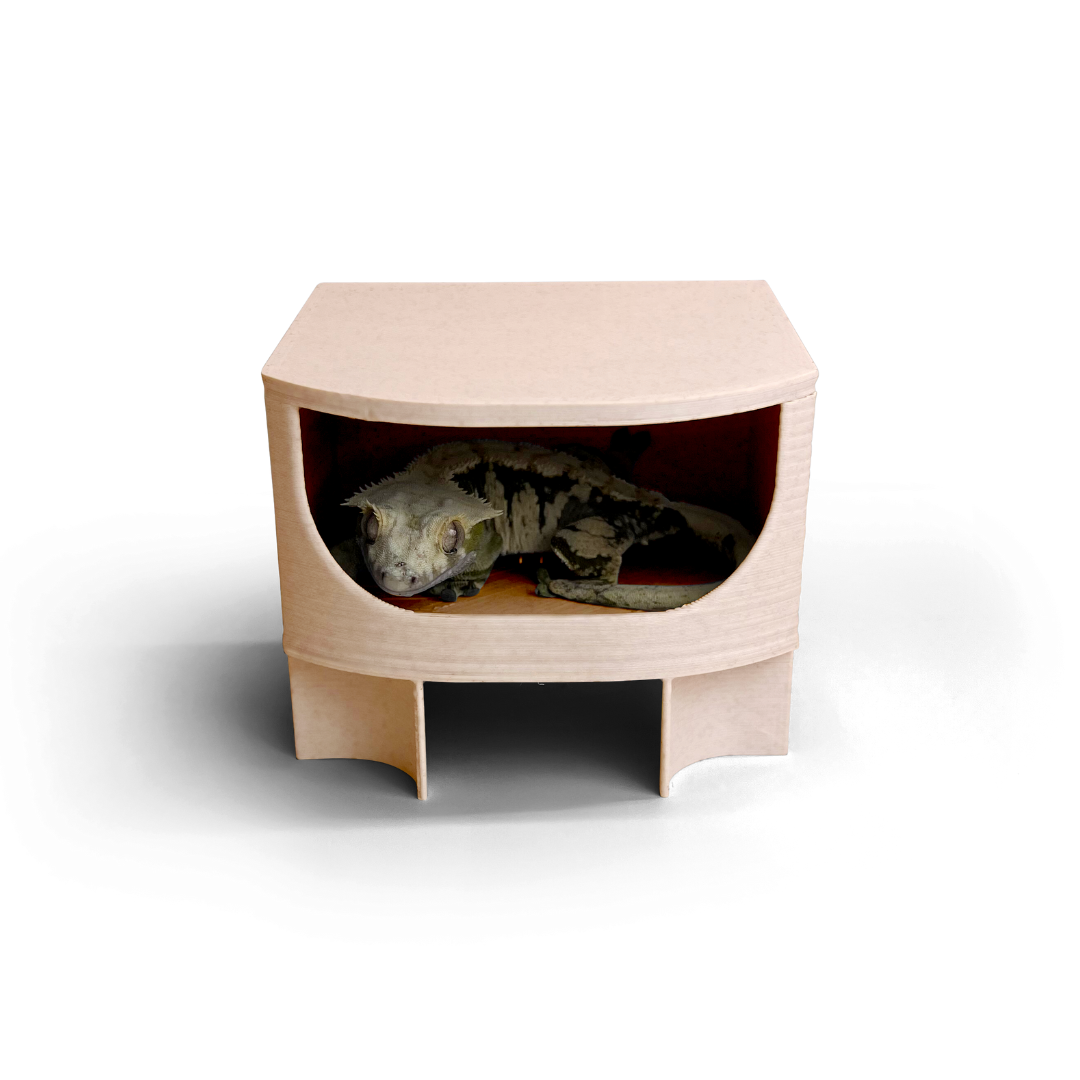
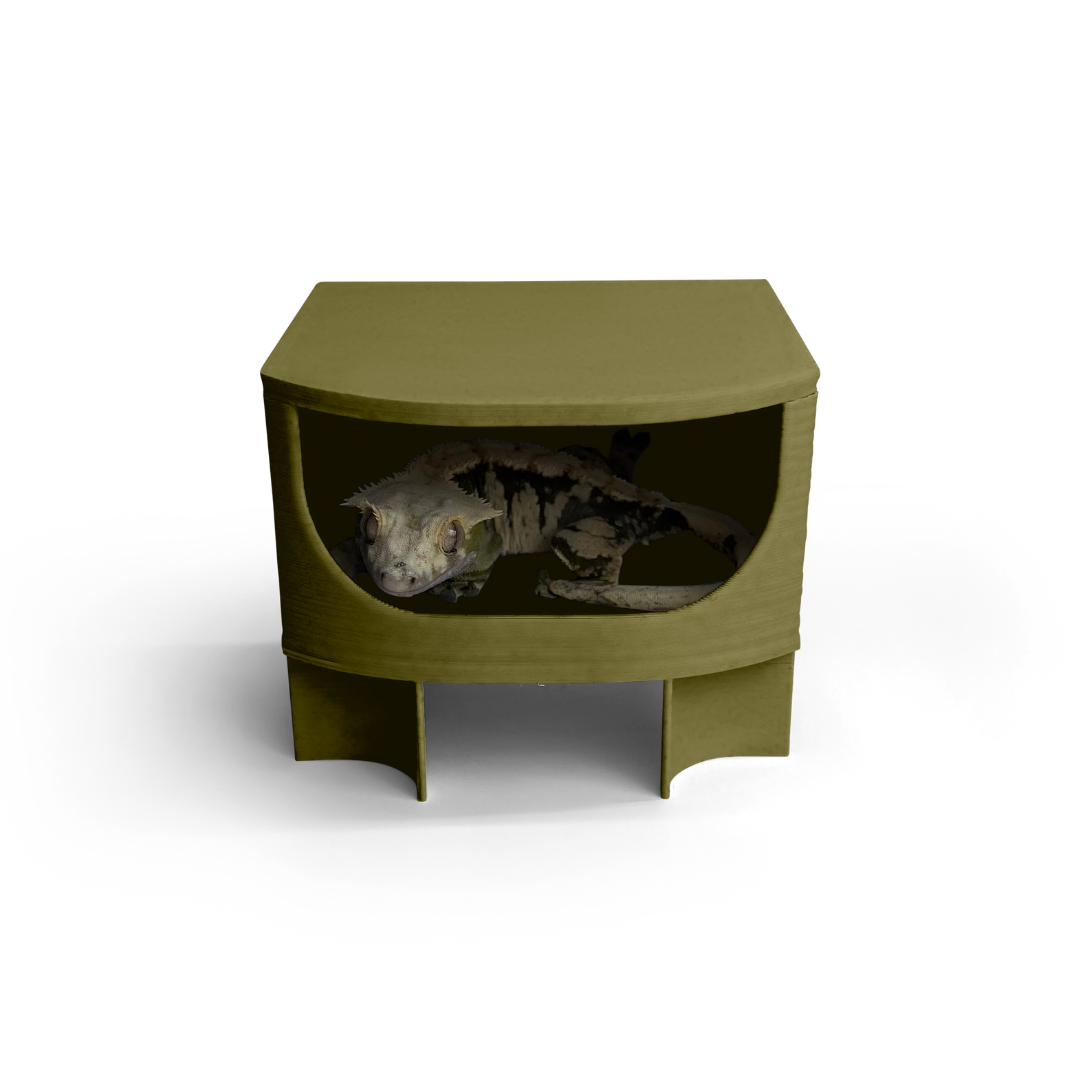
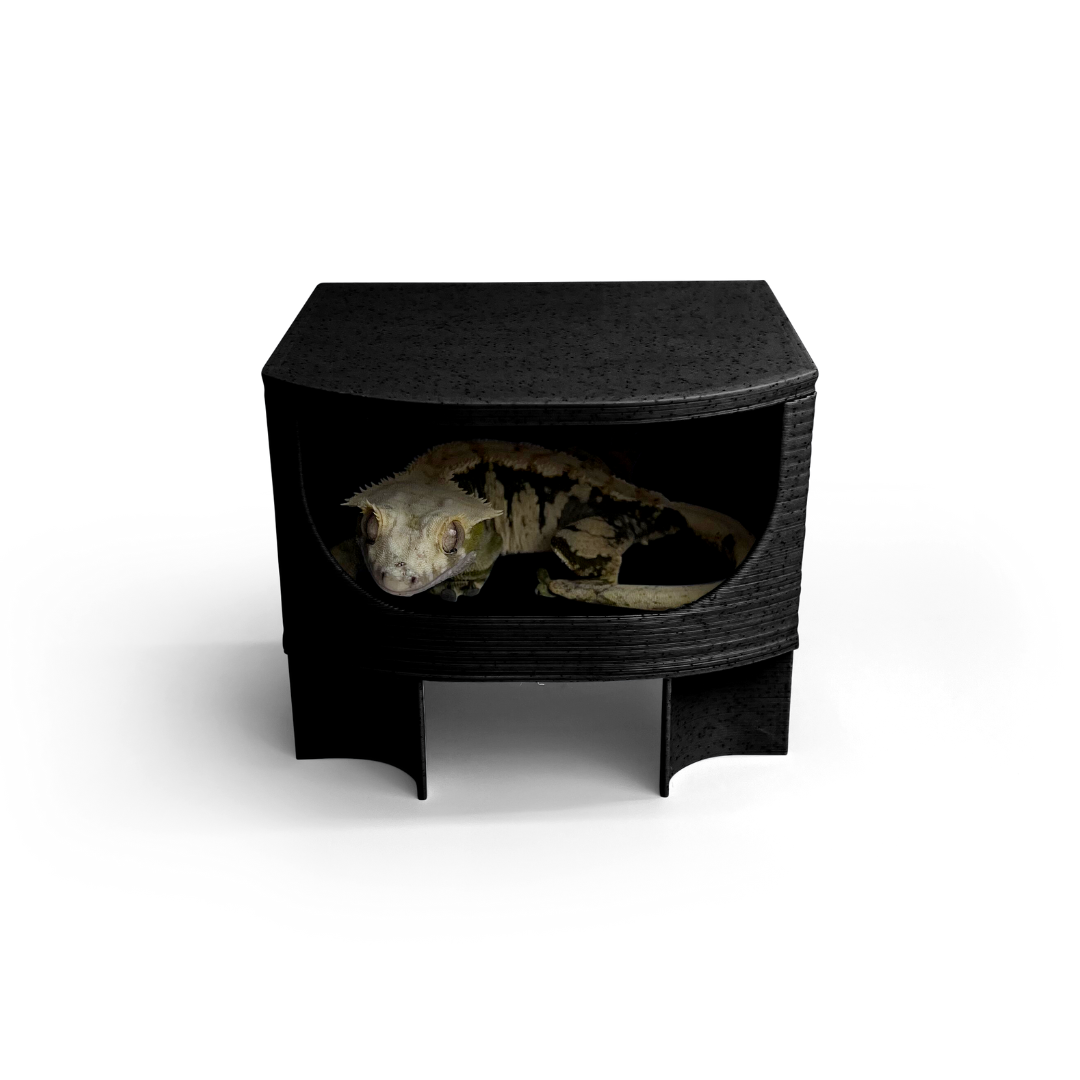
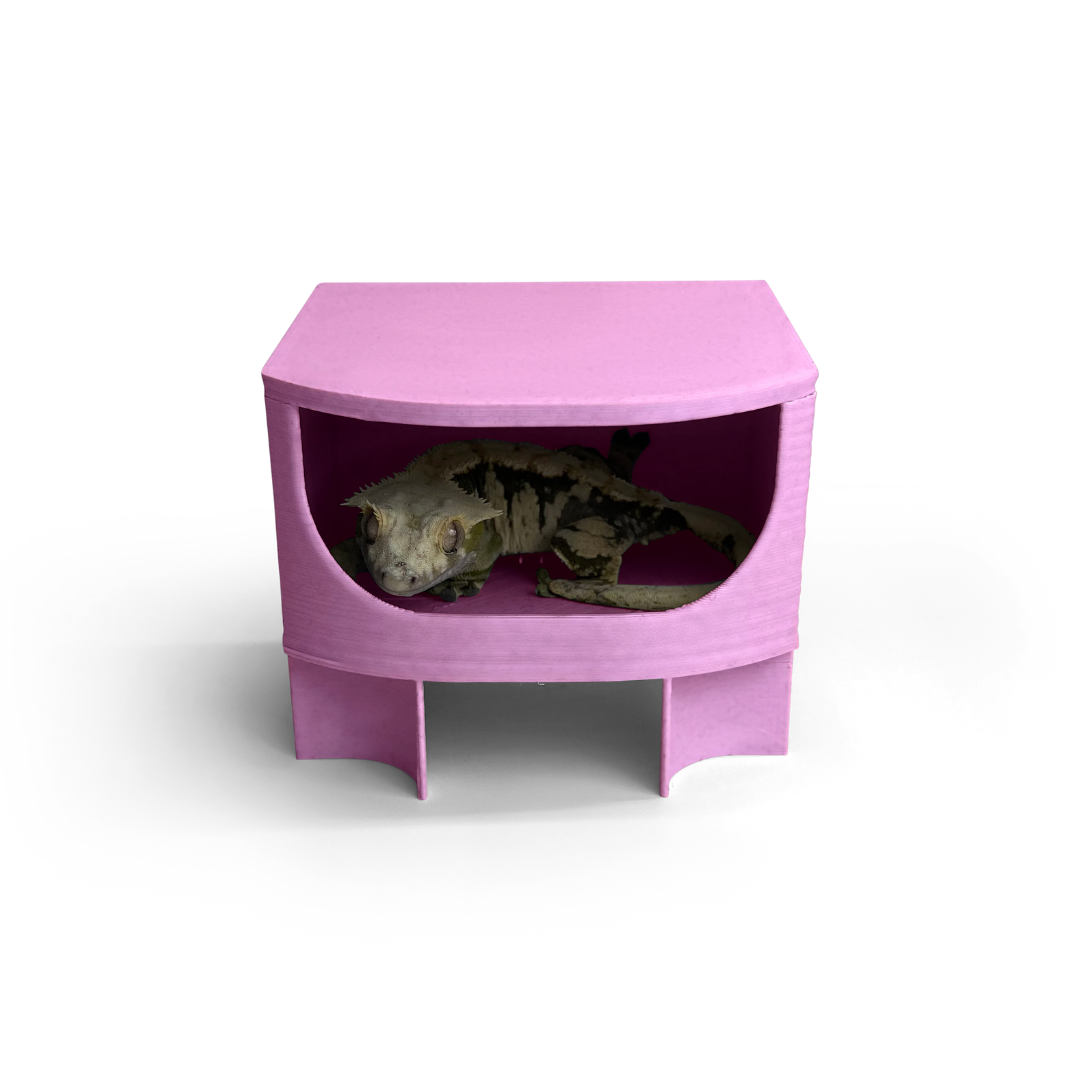
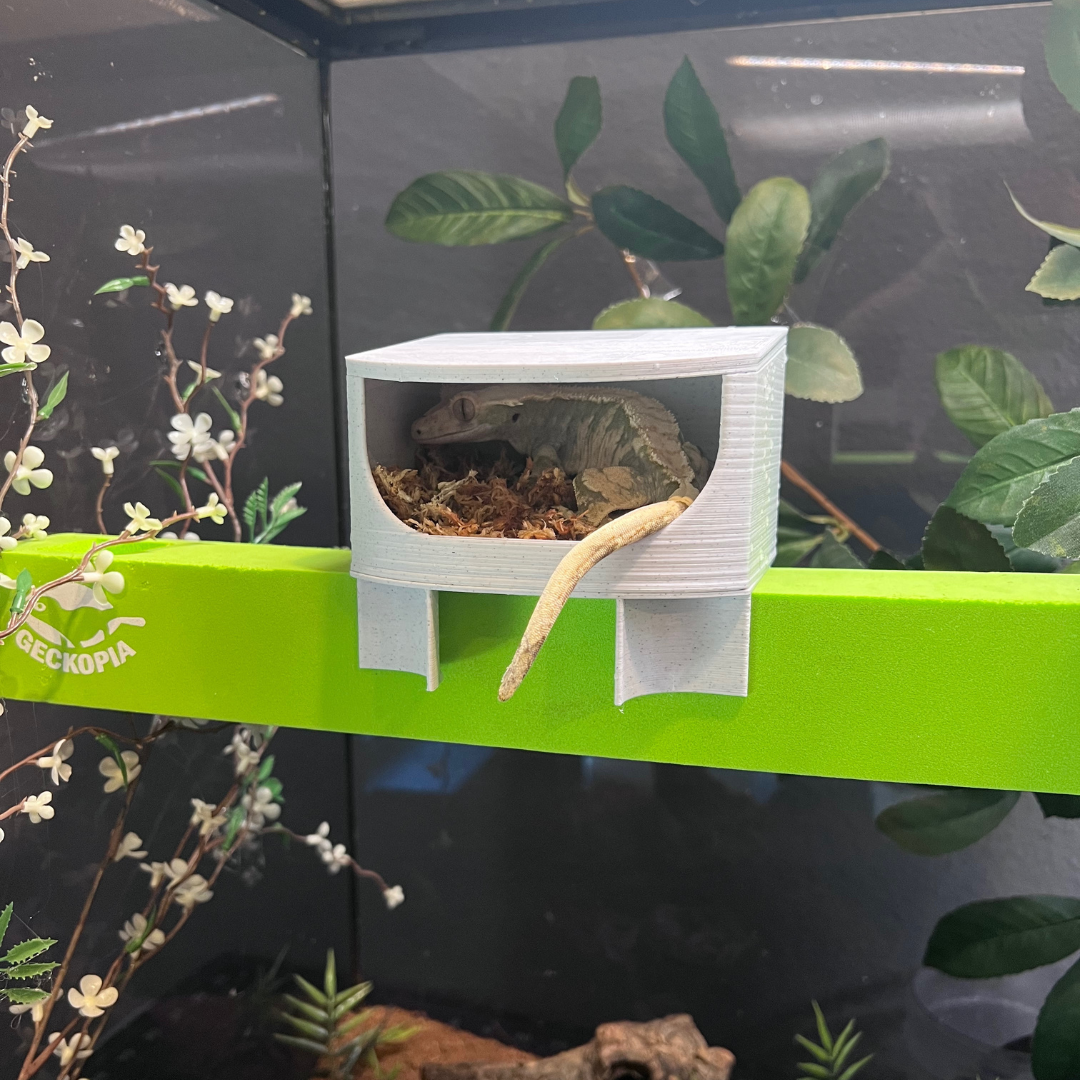











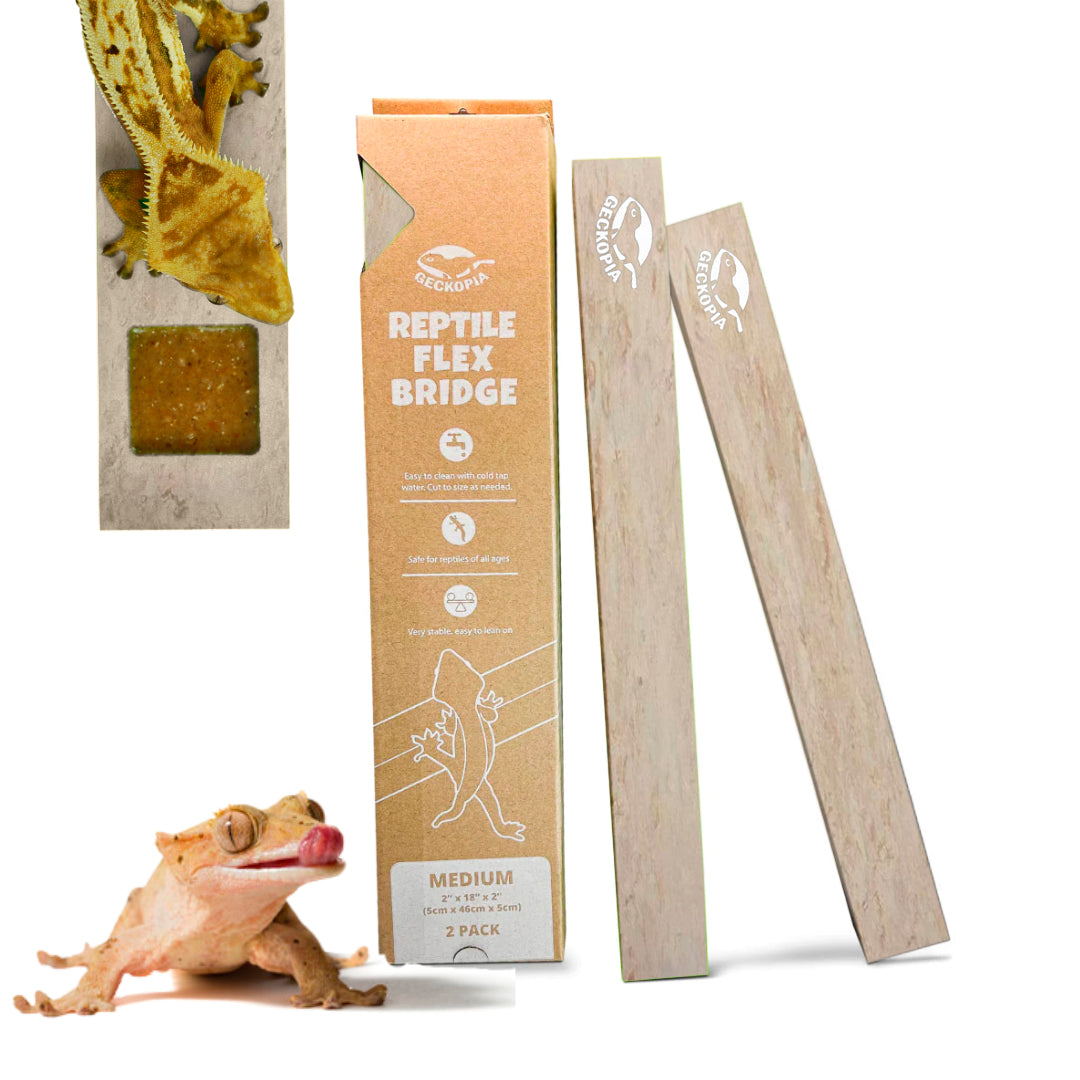



Leave a comment